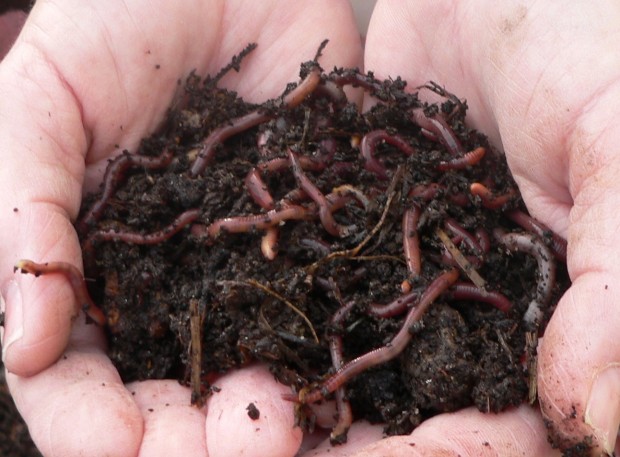May Waste Reduction Tips
Spring is the perfect time to go through the house or garage to clear out old and unused items. This is a great time to recycle, and also presents a perfect opportunity to engage the neighborhood by having a spring cleaning swap in your neighborhood!
May is the month most of us pay attention to our lawns and gardens. Below are some great tips for reducing your yard waste and conserving a most precious resource — water.
What’s Better than Recycling Yard Waste?
Not making yard waste in the first place!
Again, the order of that pesky Reduce, Reuse, Recycle is important. If you can cut back on the amount of yard waste you make, the less you need to worry about composting or green waste recycling.
There are several simple actions that you can take every day to reduce the amount of waste you generate from your yard. This page covers a few of those listed in this backyard composting booklet courtesy of the County of Santa Barbara.
Use Mulch!
Mulching reduces weed growth around plants in your garden or along your paths. This generates less waste plant material while at the same time reducing water needs for those plants.
Grass-cycling
This is one you may be doing already. Grass-cycling is recycling the grass clippings on your own lawn. This will reduce your need for fertilizer, reduce water evaporation and increase the health of your soils. Best of all, most modern mowers are “mulching” mowers, meaning you can leave the grass on the surface. The grass clippings are small enough to degrade quickly and feed your lawn.
To be extra effective, raise your mowing height to the upper recommended levels for your type of grass, and mow your lawn only when it is dry. This will result in smaller clippings, which break down faster!
Proper Pruning
It goes to reason that pruning less will generate less plant waste, but when you prune and how you prune also has an effect. Most plants do not like to be bobbed, natives especially like only light trimming. Most pruning should be done following a major flush of growth.
Most plants regulate growth by their shade growth. This means that if you thin trees and shrubs instead of severely heading them back, they will often grow in a more controlled way reducing the need for trimming!
Proper Watering
Outdoor landscaping consumes a huge amount of the water supply! And most of that is wasted. Landscape architects estimate that many turf areas are over-watered by as much as 100-300%! Over watering leads to growth unnecessary for the plant’s health and means more pruning.
Reducing Lawn Size
So, after reading all that, it is pretty clear that lawns are a source of a lot of waste. Reducing your lawn area and replacing it with ornamental natives will require less water, less work and generate less waste! Local nurseries can offer help with your gardening needs.
Read more!
This page is based on information in the Santa Barbara County Backyard Composting Booklet. If you would like to find out more, take a look at their booklet aptly titled The Answer is Backyard Composting and Yard Waste Reduction.

